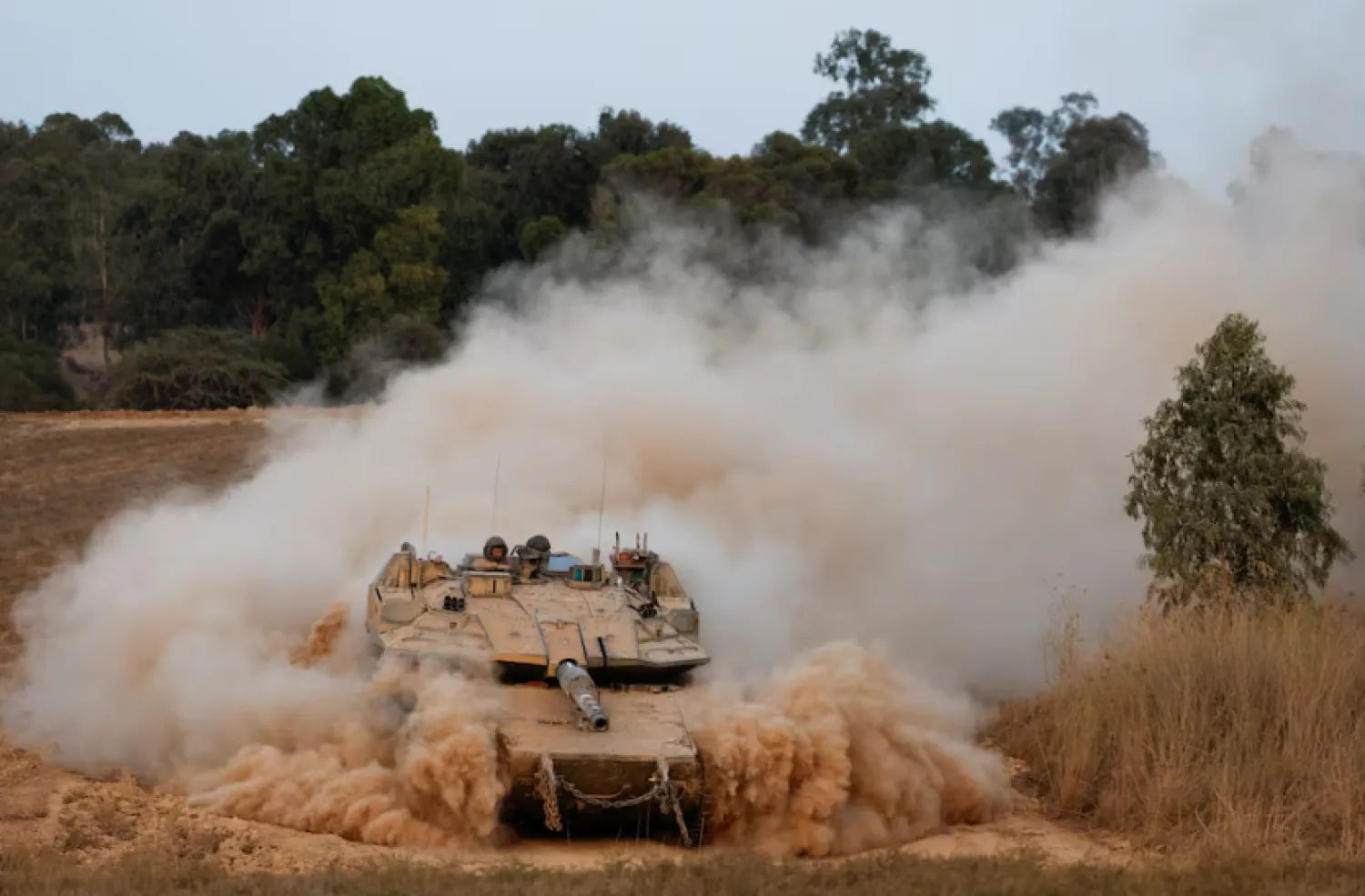Efforts to secure a ceasefire and hostage release in Gaza gathered momentum on Friday after Hamas made a revised proposal on the terms of a deal and Israel said it would resume stalled negotiations.
Israeli Prime Minister Benjamin Netanyahu told US President Joe Biden on Thursday he would send a delegation to restart negotiations, and an Israeli official said his country's team would be led by the head of the Mossad intelligence agency.
Biden welcomed the move and a source in Israel's negotiating team, speaking on condition of anonymity, said there was now a real chance of achieving agreement.
The Israeli remarks were in sharp contrast to past instances in the nine-month-old war in Gaza when Israel said conditions attached by Hamas were not acceptable.
A Palestinian official close to the internationally mediated peace efforts said the latest proposal by the militant group could lead to a framework agreement if embraced by Israel.
He said Hamas was no longer demanding as a pre-condition an Israeli commitment to a permanent ceasefire before the signing of an agreement, and would allow negotiations to achieve that throughout a first six-week phase.
"Should the sides need more time to seal an agreement on a permanent ceasefire, the two sides should agree there would be no return to the fighting until they do that," the official told Reuters.
Hamas later said it rejected the presence of foreign forces in Gaza, signalling its opposition to any plan to send an international contingent to the Gaza Strip to help keep the peace in the Palestinian enclave.
The Popular Resistance Committees (PRC), a group allied with Hamas, said separately that it would consider any international or other forces in Gaza as occupiers.
- HEZBOLLAH-HAMAS TALKS
Gaza health authorities say more than 38,000 Palestinians have been killed in the Israeli offensive launched in response to a Hamas-led attack on Israel last Oct. 7 in which Israel said 1,200 people were killed and over 250 taken hostage.
The war has displaced hundreds of thousands of Gazans and caused a humanitarian crisis. It has also fuelled tension across the region, triggering exchanges of fire across Israel's northern border with the Iran-backed Hezbollah group in Lebanon.
Hamas said it had told Hezbollah it had agreed to a ceasefire proposal in Gaza and that the Lebanese group's leader had welcomed the step, two sources familiar with the matter said.
"If there is a Gaza agreement, then from zero hour there will be a ceasefire in Lebanon," said one of the sources, an official in Hezbollah, which says its rocket and drone attacks on northern Israel are in support of the Palestinians.
-ISRAELI FAR-RIGHT PARTNERS' CONCERNS
Türkiye's president, Tayyip Erdogan, was quoted by Turkish media as saying he hoped a "final ceasefire" could be secured "in a couple of days", and urged Western countries to put pressure on Israel to accept the terms on offer.
Some far-right partners in Netanyahu's governing coalition have indicated they may quit the government if the war ends before Hamas is destroyed. Their departure would probably end Netanyahu's premiership.
Israel's Channel 7 News reported that, at a cabinet meeting on Thursday, far-right coalition partner Itamar Ben Gvir had accused security and defense officials of deciding to resume the Gaza talks without consulting him.
Hamas' new proposal responded to a plan made public in late May by Biden that would include the release of about 120 hostages still held in Gaza and a ceasefire.
The plan entails the gradual release of hostages and the pullback of Israeli forces over an initial two phases, and the freeing of Palestinian prisoners. A third phase involves Gaza's reconstruction.
Israel has previously said it will accept only temporary pauses in fighting until Hamas, which has governed Gaza since 2007, is eradicated.
An Israeli delegation in Egypt on Thursday discussed details of the possible deal, Egyptian security sources said. They said Israel would respond to the Hamas proposal after discussions with Qatar which, like Egypt, has mediated the peace efforts.
A source with knowledge of the talks had said on Thursday that Israel's spy chief, David Barnea, was going to Qatar to resume talks.
In the latest fighting in Gaza, an Israeli airstrike on a house killed five Palestinians in Jabalia refugee camp in northern Gaza, Gaza medics said. In the Israeli-occupied West Bank, seven Palestinians were killed in a raid on the northern city of Jenin, the Palestinian health ministry said.
Gazans, who desperately need aid such as food and drinking water, reacted cautiously to the prospect of renewed talks. The only previous truce, agreed in November, lasted seven days.
"We in Gaza are people who sleep on death and wake up to death. We know that at any time we can die," Ibtisam Al-Athamna, who said she had been displaced nine times during the war, told Reuters in Khan Younis in southern Gaza.














